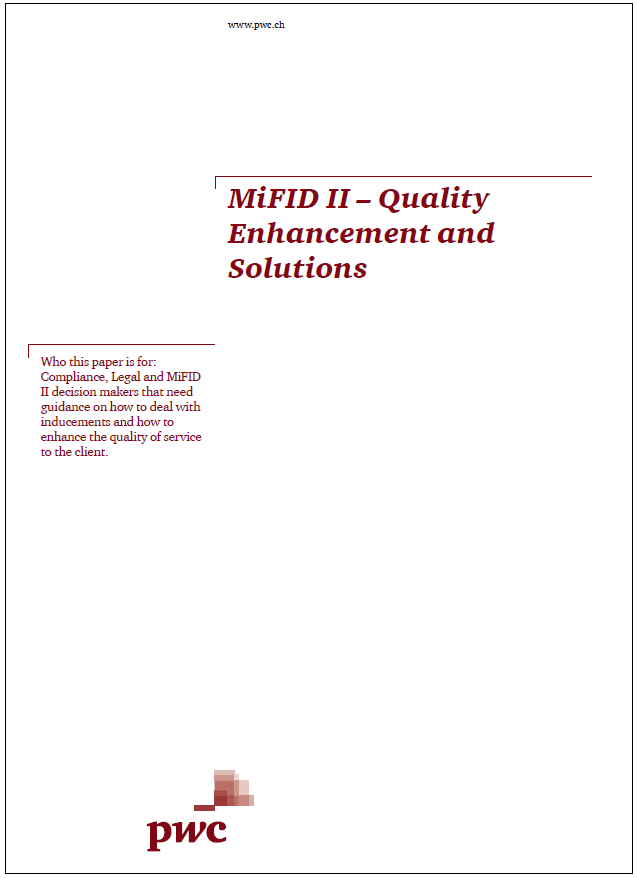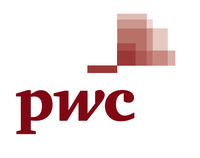MiFID II – Quality Enhancement and Solutions
The regulation brings with it many challenges, one of which is the new set of requirements dealing with inducements which aims to strengthen the protection of investors and increase clarity to clients as to the quality of services they receive.
As the impact of those changes will vary across countries, investment manager distributing funds across the European Union will need to rethink their strategy and adapt accordingly.
What are the key changes to inducements under MiFID II?
The MiFID II Directive 2014/65 deals with the payment to, and/or receipt from, a third party of inducements in relation to the provision of services to clients of investment firms. In general, companies are strictly only permitted to pay, or be paid, an inducement (namely, a fee, commission or non-monetary benefit) where the payment or benefit if designed to enhance the quality of service to the client and (sic!) at the same time do not impair the firm’s ability to act honestly, fairly, professionally and in the best interests of its clients. According to the Delegated Directive (Commission Delegated Directive 2017/593), an inducement should not be accepted if it results in the provision of the relevant services to the client being biased or distorted. Furthermore, the existence, nature and amount of the payment or benefit must be clearly disclosed to the client.
With the additional and specific disclosure requirements, the mechanisms for recording and transferring any fees and, among others, the impact on independent advisers/asset managers, the MiFID II regime goes much further that that under MiFID I. Therefore, the new investor protection rules are set to likely reshape the financial markets’ product and distribution strategies.
What is capable of enhancing the quality of service to the client?
It has been up to discussion as to when an inducement will be designed to enhance the quality of the relevant service to the client. The Directive provides further information, specifically such an inducement must meet three conditions, namely it must:
- be justified by the provision of an additional or higher-level service to the relevant client, (must be proportionate to the level of inducements received)
- not directly benefit the recipient firm, its shareholder or employees without tangible benefit to the relevant client; and
- be justified by the provision of an on-going benefit to the relevant client in relation to an on-going inducement.
In addition, firms must fulfil the above requirements on an ongoing basis as long as they continue to pay or receive the fee, commission or non-monetary benefit.
Quality enhancing by yourSRI.com - Best Practice Integration via ESG Reporting
One of the pioneers in this field is yourSRI.com. The international, independent online platform is specialised on the dynamic ESG & Carbon Screening of funds and portfolios. Launched in 2011 the platform screens today over 15 Trillion Euros on a daily basis. yourSRI offers an objective ESG & Climate investment reporting for all kind of portfolios, based on a transparent quantitative analysis combining data from CDP, ISS-Ethix, MSCI ESG Research and Thomson Reuters/Lipper. With such a service, non-independent financial advisors and intermediaries can offer their clients an additional, ongoing & independent online ESG & Climate investment reporting service qualifying as a quality enhancing solution.
To download the full text, please click here.

